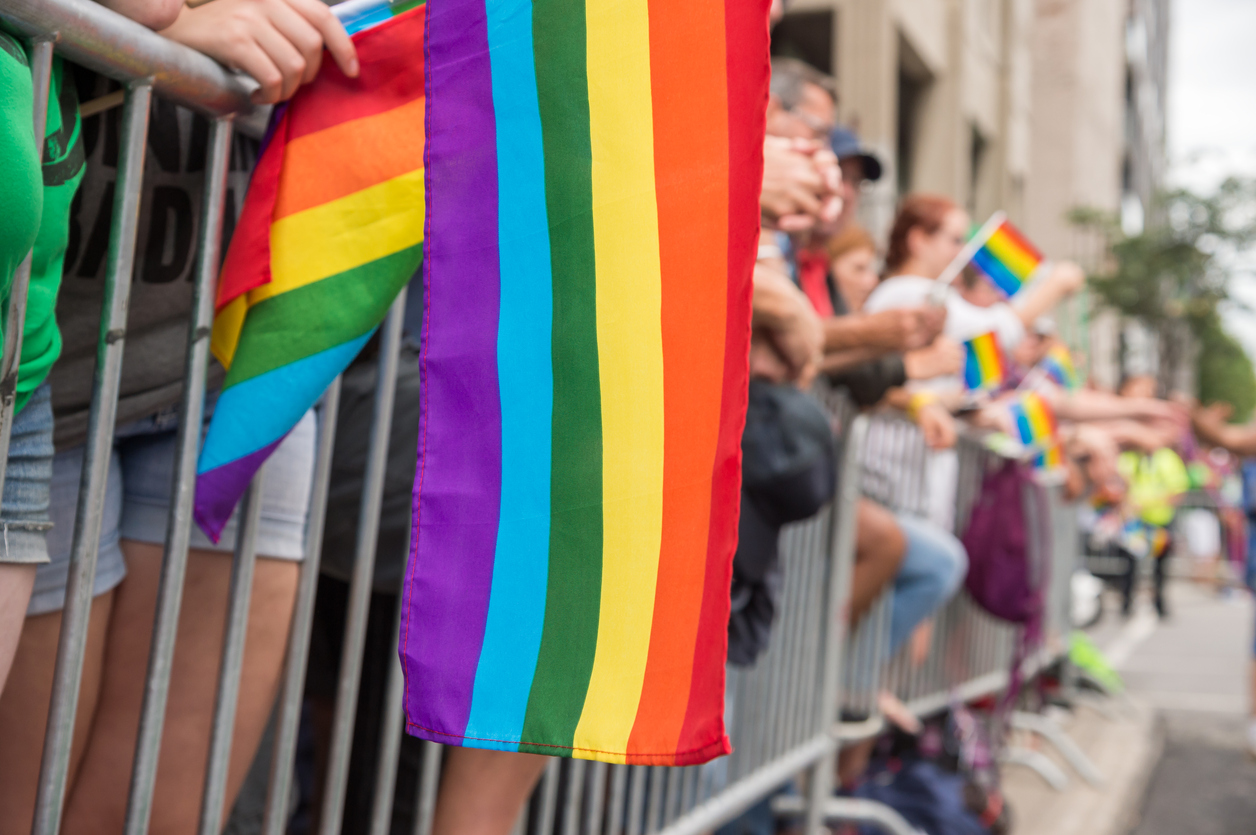By now, many Australian households have received the postal vote asking them whether or not they’re willing to extend equal rights to their gay neighbours, friends, coworkers and family members. And if the ‘No’ campaign is any indication, the debate has gone from a simple abdication of political integrity on the part of the Liberal Party, to a full-blown Sunday dinner war zone, replete with drunken tirades and burnt chicken.
I confess, as a card-carrying leftist and someone who normally relishes such debates, I may have failed to consider the opposing argument of this discussion. I’m naturally inclined to empathise with civil rights struggles, and do not just say so to disguise the fact that I frequent bigoted online chatrooms during my lunch break, or leave bigoted comments on YouTube videos while on the toilet.
Many people expect that I don’t intend to hear out their side of the argument. But I have. And I’ve condensed all the points I’ve heard into four platforms that we should all consider when adjudicating on this very important subject:
-
Marriage is a sacred union:
I agree with this one. No really, I do – which is why I’m all in favour of men and women getting divorced, and remarried, over and over again – until they turn the practice into a reality television spectacle show with farm animals or spontaneous weddings between complete strangers who are meeting for the first time. You know, sacred.
-
Voting ‘yes’ means I have to find something new to be bigoted about:
See, no, actually – you’re wrong here. If you vote to legalise marriage equality, you can actually still be a bigot. It’s not a law to change your bigoted views, or even to change your bigoted fashion sense. None of that has to change.
Straight couples can still get married. Straight couples can still hate same-sex couples. Literally, the only thing that will change, is that same-sex couples will be able to get married – which gives you even more reason to hate them, only fuelling your existence further – because we all know bigots have no reason to exist if not to allowed something to be bigoted about. You’re welcome.
-
A plebiscite only exists so that bigots can vote no. I’m simply fulfilling the duties bestowed upon me:
Well, yes. That is a fair point. If politicians had any intention of legalising marriage equality, then they wouldn’t relinquish such a critical decision to people who elected them to make important decisions and lead us in the direction of moral good on our behalf in the first place.
In that sense, by voting ‘no’, you’re essentially doing Parliament’s job for them, and I know for a fact that we Aussies don’t like doing other people’s jobs – or our own. It’s kind of our thing.
-
It would be a ridiculous law. What’s next?
Being able to change my own light bulb without being fined? Mate, I hate to break it to you…







